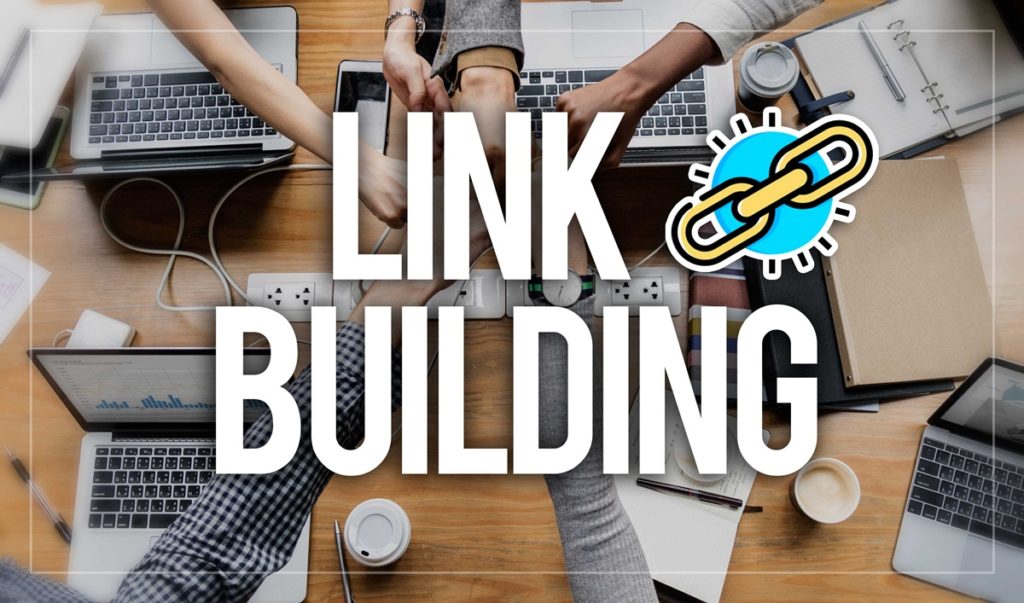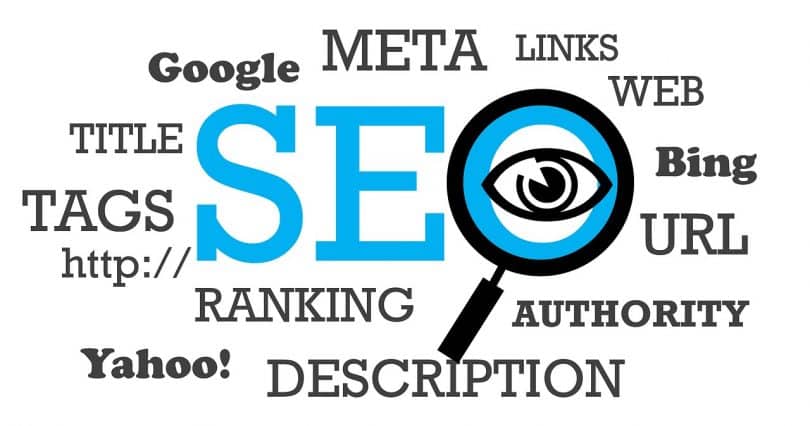In this digitally-driven age, Search Engine Optimization (SEO) has become crucial for every organization aiming to improve its online presence, including non-profit organizations. It’s about employing various strategies and tactics to enhance visibility on search engines, ultimately increasing web traffic and engagement.
As of 2023, over 90% of online experiences begin with a search engine, showcasing the importance of effective SEO. For charity organizations, SEO can help extend their message to a broader audience, promoting their cause, inspiring donations, and attracting volunteers.
1. Keyword Research
Keyword research is the process of identifying and analyzing search terms that people enter into search engines with the goal of using that data for specific purposes, often for search engine optimization (SEO) or general marketing. Tools such as Google’s Keyword Planner, SEMrush, or Ahrefs can aid in finding relevant keywords.
When conducting keyword research for your charity website, think about what words or phrases potential donors or volunteers might use to find an organization like yours. For example, if your organization supports children’s education in Africa, relevant keywords might be “donate to African schools” or “support African children’s education”. Also consider long-tail keywords – longer and more specific phrases that visitors are more likely to use when they’re closer to making a decision or donation.

2. Content Creation
Creating engaging and relevant content is a key part of SEO strategy. It not only helps to engage your audience but also provides opportunities to use your identified keywords in a natural and effective manner. Remember, content isn’t just text. Videos, infographics, and images are all forms of content that can engage your audience and improve SEO.
When creating content, it’s important to focus on providing value to your audience. This could be in the form of informational blog posts, impactful stories, project updates, or resources for those interested in your cause. Incorporate your keywords naturally throughout your content to help search engines understand the topic of your content and rank it appropriately.
3. On-Page SEO
On-Page SEO involves optimizing individual webpages to rank higher in search engine result pages (SERPs) and attract more relevant traffic. It includes both the content and HTML source code of a page. Key components include:
- Title Tags: These are the clickable headlines that appear in search results and are extremely important for SEO. Ensure that each page on your website has a unique title tag, ideally incorporating your target keyword, and staying within 60 characters.
- Meta Descriptions: These provide a brief summary of your webpage to both users and search engines and should ideally include your target keyword. While they are not a ranking factor, a compelling meta description can drive clicks.
- URL Structure: A clean and readable URL structure can improve user experience and give an SEO boost. Incorporate your main keyword in the URL and avoid using unnecessary characters or words.
4. Off-Page SEO
Off-Page SEO refers to activities performed outside of your website that impact your ranking within the SERPs. It includes things like backlinks, social signals, and other promotional methods outside of your own website.
Backlinks, or links from other websites to your own, are one of the most influential factors in how search engines rank your site. Quality backlinks signal to search engines that your website is a reputable and trusted source of information. As a charity organization, you might earn backlinks by partnering with other organizations, getting mentioned in news articles, or guest blogging.

5. Technical SEO
Technical SEO involves optimizing your website for the crawling and indexing phase, ensuring search engines can properly crawl and index your website. Key components of technical SEO include:
- Mobile Friendliness: As more and more users are browsing the web from mobile devices, having a mobile-friendly website is crucial. Your website should be responsive, meaning its layout adjusts to fit different screen sizes.
- Site Speed: Page speed, or the amount of time it takes for your website to load, is a confirmed ranking factor by Google. Slow websites provide a poor user experience and can hurt your rankings.
- XML Sitemap: A sitemap is a file where you provide information about the pages, videos, and other files on your site, and the relationships between them. It helps search engines understand your website’s structure.
6. Local SEO
If your charity operates in a specific geographical area, it’s essential to optimize your website for local searches. This is particularly important if you have a physical location or if you host events in certain cities or regions.
Key components of local SEO include claiming your Google My Business page, encouraging and managing online reviews, and optimizing for local keywords (e.g., “animal shelters in Seattle”). These efforts will help your website appear in localized search results and Google’s local pack.
Lesser-Known Tips and Tricks
- Voice Search Optimization: Voice search is becoming increasingly popular with the rise of smart speakers and voice assistants like Siri and Alexa. This trend is leading to an increase in long-tail keywords and question-based search queries. To optimize for voice search, incorporate these types of keywords into your content and FAQ sections.
- Use of Schema Markup: Schema markup is a form of microdata that provides search engines with more detailed information about your website’s content. This can help improve your search visibility and click-through rates.
- Featured Snippets: These are selected search results that are featured on top of Google’s organic results. While getting your content into a featured snippet is not guaranteed, you can optimize your content by providing clear answers to commonly asked questions, using bullet points or tables, and creating high-quality content.
- Video SEO: Videos can be a great way to engage visitors and convey your message quickly. Be sure to optimize your video titles, descriptions, and tags with relevant keywords.
- Social Media Signals: While social signals are not a direct ranking factor, they can contribute to your SEO indirectly. A strong social media presence can help increase your brand visibility, website traffic, and backlinks.
- Podcast SEO: Podcasts can improve your website’s SEO by providing additional content for search engines to index. Be sure to optimize your podcast titles, descriptions, and transcripts for relevant keywords.
SEO Charity Website: Conclusion
SEO for charity websites involves a range of strategies, from keyword research and content creation to on-page, off-page, and technical SEO. As the internet continues to shape our world, harnessing the power of SEO can lead to significant benefits for charities, helping them connect with their target audiences, and achieving their altruistic objectives.
